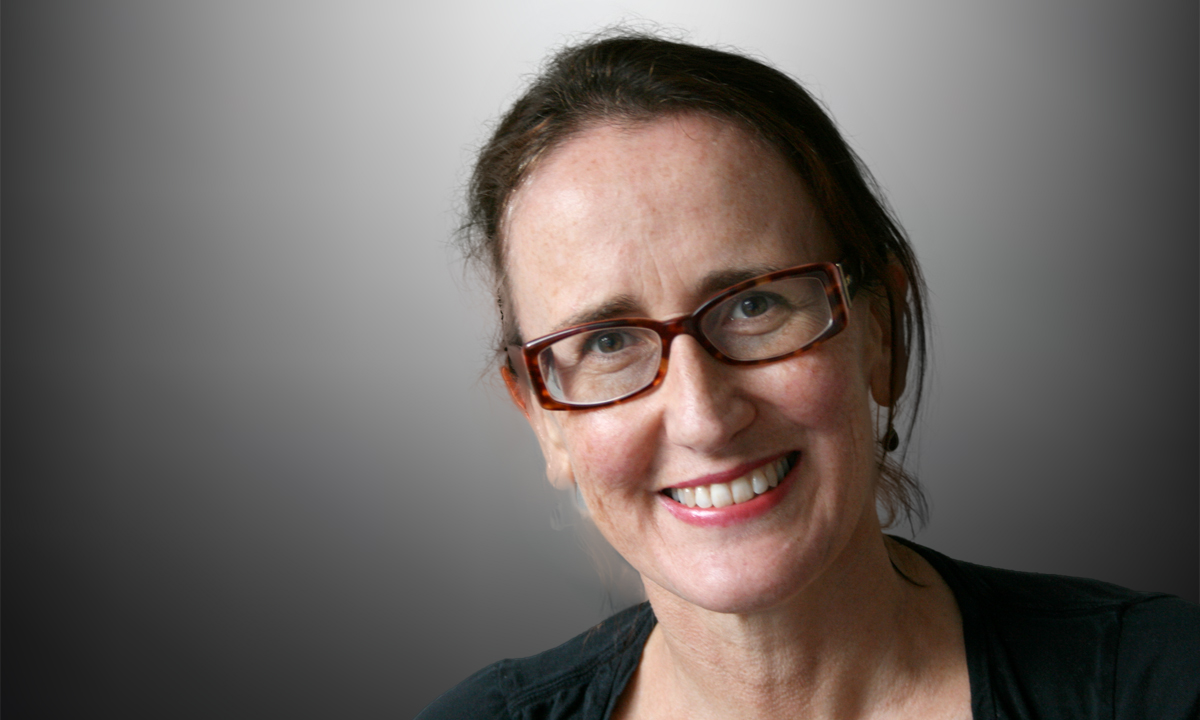“I’M boooored,” I would say to my mother during the interminable school holidays of childhood.
“Well, find something to do. Use your imagination,” she’d reply with not a skerrick of sympathy.
Are such exchanges still commonplace? Today’s offspring are more likely to be micromanaged, protected from risk and shunted from one personal development opportunity to the next by helicopter parents.
It’s hard to imagine children these days being allowed to roam the local cemetery till dark, as my local gang of kids did, playing exquisitely frightening games of hide and seek among the tombstones.
For all of us, adults and children, boredom is now easily banished at the touch of a screen. Whenever we have time to fill, we reach reflexively for our phones, checking out the news, the celebrity gossip, what our friends have been up to, our tally of likes on social media.
The loss of boredom might not seem something to mourn, but unintended consequences are ever with us.
Is it possible our greatest creativity comes from the empty spaces in our mind, from the relentless boredom of having nothing to do?
Isaac Newton might have thought nothing of that, possibly apocryphal, falling apple if he’d been busy Instagramming photos of himself sitting under the tree.
And what if Archimedes had been listening to podcasts in his bath?
There’s been a rise in scholarly interest (sorry) in boredom in recent years.
One team of British researchers made people spend 15 minutes reading numbers from a telephone directory before asking them to complete a creative task.
Results were mixed. The bored participants came up with more possible uses for two polystyrene cups than did the controls, though the researchers did not find the quality of their ideas to be superior.
“Boredom is, paradoxically, a … catalyst for action,” these researchers write. “[It] might stimulate the need to re-decorate, take up a new hobby or look for a new job.
“The feeling … can induce challenge-seeking behaviour and therein lies the paradox that boredom, associated by many with lethargy, can actually be energising, inspiring a search for ‘change and variety’.”
That’s not to say boredom is always a force for good.
In an educational setting, it has been linked to poorer academic performance.
And, while one US study found high levels of boredom led people to seek new experiences, some of these were unpleasant or harmful.
Various studies have suggested links between boredom and substance misuse, gambling, self-harm and risky behaviour behind the wheel.
One study found many people left in a room with nothing to do preferred to self-administer mild electric shocks rather than be left alone with their thoughts. This was particularly the case with men.
“Most people prefer doing something than nothing, even if that something is negative,” the researchers commented dryly.
Like so many things in life, including our online connectedness, boredom may have its good and bad side.
But allowing a bit more space for it in our busy lives might not be a bad thing.
As my mother says: “Use your imagination”.
Jane McCredie is a science and health writer based in Sydney.
The statements or opinions expressed in this article reflect the views of the authors and do not represent the official policy of the AMA, the MJA or InSight+ unless so stated.

 more_vert
more_vert
I was going to spend the afternoon on the computer as usual (as I have now commenced doing (redundant) at 3-15 pm), but instead, disassembled and repaired a loose handrail on my dangerous front steps.
It was only a small, but probably important safety thing to do to pass some time, but I feel that something worthwhile has been accomplished. Also, I have learned how handrails are put together (mine, anyway), and shown myself that I am not completely useless with house repairs yet. Thanks to Dad for the simple trick of a little soap on tight screws–my drill battery is flat.
Well if in 2019 a woman cannot walk home in the evening without fear of attack then why would we allow our kids to roam neighbourhoods? We have wisened up to the evils of the world. Plus we have smaller sized families on average so why take the chance. Helicopter parents, no way!! how about we talk about the fact that the local area is full of traffic and apartments and there are fewer places for kids to explore in over-populated urban areas. We used to walk out of our house and there’d be a small, close by space for kids to play. Now there’s a building or a parking lot in that space. Have a look at the (over) development at your nearest suburb. And you have to DRIVE to the local park!? So that means you have to plan the trip.
Trust me, kids do get bored even with screens. Adults get bored too with screens. Probably we have more devices and other things to preoccupy ourselves indoors but how about we take a step back and consider all the variables. Why do both parents in Sydney need to work to pay off a mortgage or to keep up with the cost of living? Wouldn’t it be nice, that at least one parent helps to raise the kids and INTERACT with them on a daily basis?
In Ancient Greece, people spoke with each other to alleviate boredom. And there were fewer people on the planet back then. They also started to WRITE… many ancient persons shared similar concerns about writing as we now have about screens.
We are human and we adapt to our times.